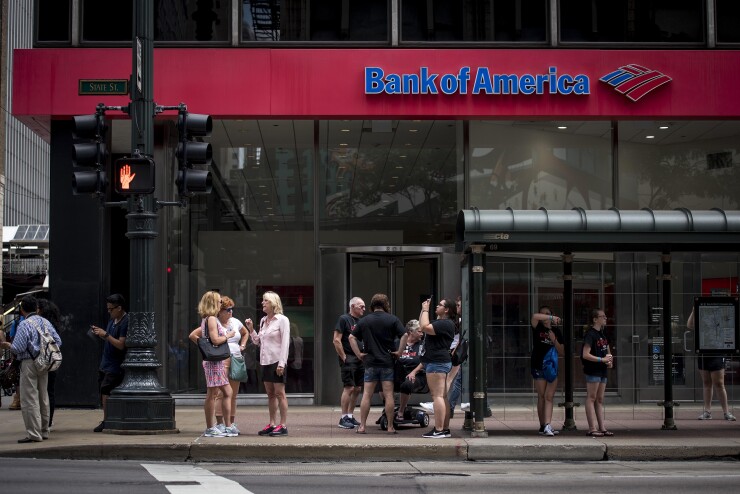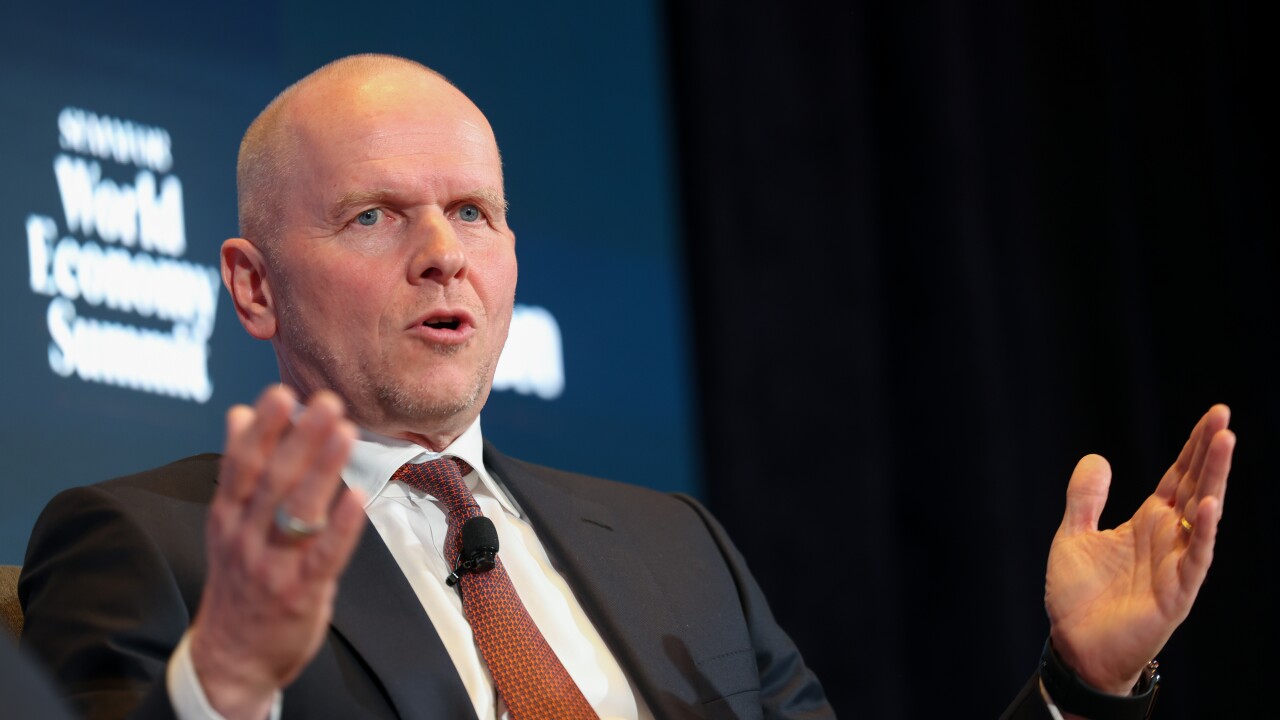Bank of America is slashing its overdraft fee from $35 to $10, embracing an industrywide trend of becoming less reliant on the often-criticized charges, but taking a different approach than many other banks.
The $3 trillion-asset bank also plans to eliminate nonsufficient-funds fees, remove customers’ ability to overdraw their accounts with ATM transactions, and scrap transfer fees for a program that lets customers link other accounts to avoid overdrafts.
All told, the changes will reduce Bank of America’s overdraft fee revenues by 97% from their 2009 level, the Charlotte, North Carolina, bank said in a press release Tuesday.

“We remain committed to taking actions that will further bring down overdraft fees in the future and continue to empower clients to drive positive changes to behavior pertaining to overdraft,” Holly O’Neill, the bank’s president of retail banking, said in the release.
Several banks have
The industry has been making changes as the Biden administration sharpens its tone on overdraft fees. For example, acting Comptroller of the Currency Michael Hsu recently
Last month, Consumer Financial Protection Bureau Director Rohit Chopra
The CFPB is likely to take action on the issue this year, but the process “could take many months,” Ian Katz, a policy analyst at Capital Alpha Partners, wrote in a recent note to clients. Possible changes include limiting the number of times a day that banks can charge overdraft fees and restricting charges for customers who have pending deposits, he wrote.
Bank of America described the changes it announced Tuesday as part of a yearslong effort to help customers avoid overdrafts, pointing to an overdraft-free account it launched in 2014, low-balance alerts it added in 2011 and a short-term loan program called Balance Assist that lets customers borrow up to $500 and was launched in 2020.
BofA’s plan to eliminate nonsufficient-funds fees will take effect next month. The price of an overdraft fee will fall to $10 in May.




